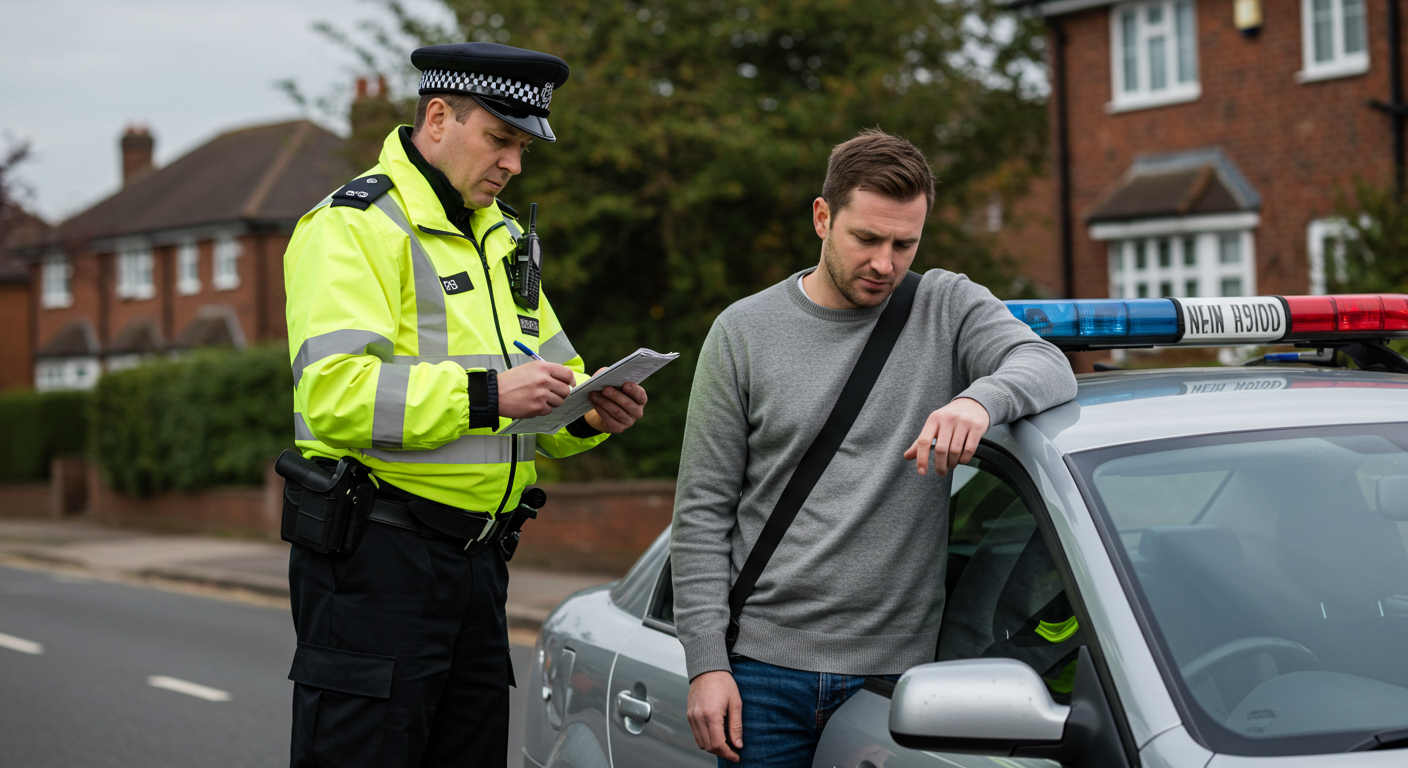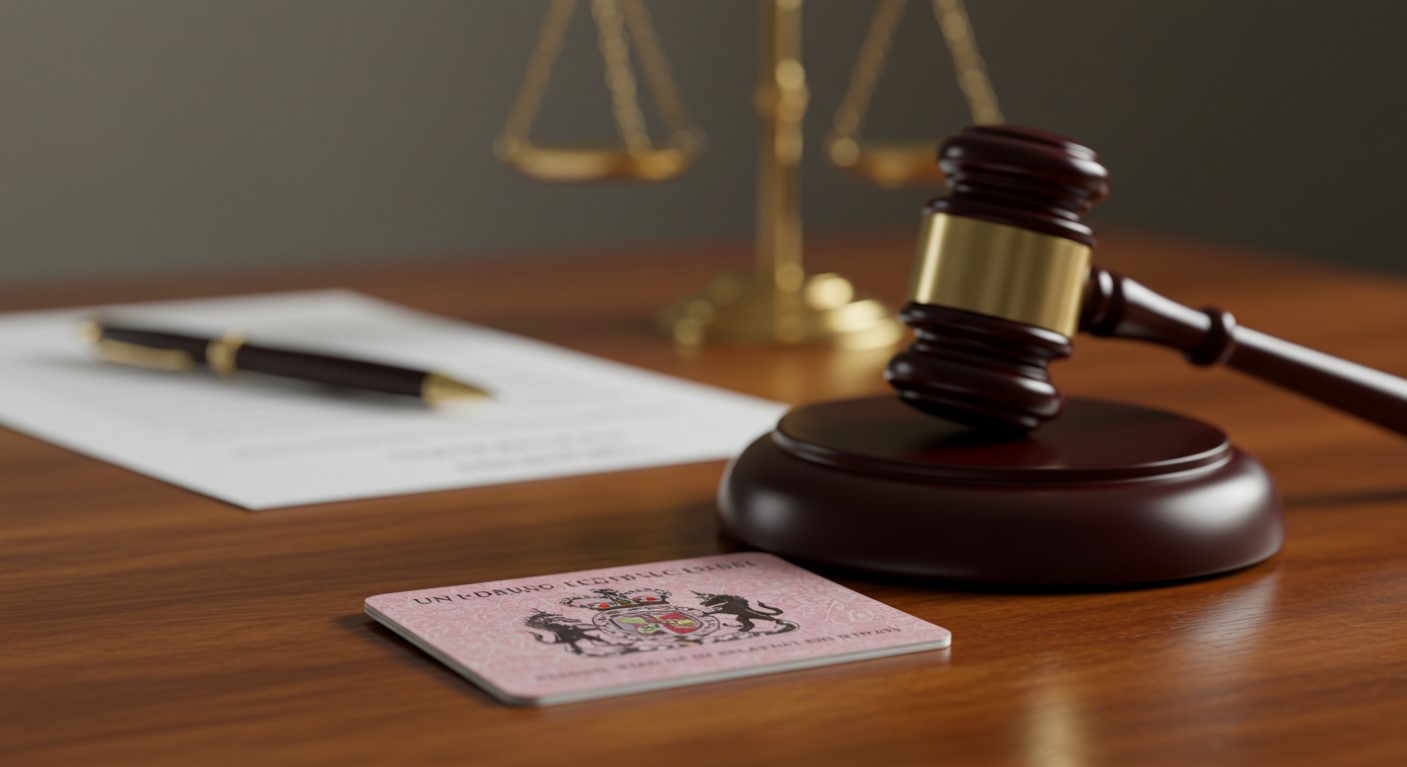Totting Up in England: Understanding the Law, Consequences, and the Need for a Solicitor

Totting Up in England: Understanding the Law, Consequences, and the Need for a Solicitor
In England, totting up is a legal concept that carries serious consequences for drivers who accumulate a certain number of penalty points on their driving license within a specified timeframe.
This article explores what totting up means in English traffic law, the legal framework surrounding it, the potential consequences, and why seeking the assistance of a solicitor is essential for individuals facing such circumstances.
The Legal Framework

- Definition of Totting Up
- Totting up, also known as “totting up points” or “totting up disqualification,” refers to the practice of disqualifying a driver from driving if they accumulate a specific number of penalty points on their driving license within a designated period.
- Legal Basis
- The legal framework for totting up is primarily found in the Road Traffic Offenders Act 1988. Under this legislation, if a driver accumulates 12 or more penalty points on their license within a three-year period, they can face disqualification from driving.
Consequences of Totting Up
- Disqualification from Driving
- The most significant consequence of totting up is disqualification from driving. If a driver reaches the threshold of 12 or more penalty points within three years, they are subject to an automatic disqualification period, which can range from 6 months to 2 years, depending on their previous record.
- Reapplying for a Driving License
- After serving a disqualification period, the driver must reapply for their driving licence and retake both the theory and practical driving tests.
- Insurance Premiums
- Drivers with a history of totting up points often face significantly higher car insurance premiums, as they are viewed as higher-risk drivers by insurance providers.
Why You Should Seek a Solicitor

- Understanding the Legal Implications
- Traffic law and the consequences of totting up can be complex. Solicitors specialising in traffic law/criminal defence have a deep understanding of the legal implications and can provide clear explanations of the process, your rights, and potential strategies for minimising the impact.
- Challenging Penalty Points
- A solicitor can assess the circumstances surrounding the accumulation of penalty points and identify any potential errors, procedural flaws, or legal defences that could help challenge the points.
- Negotiating with Authorities
- Solicitors can negotiate with the authorities on your behalf. They may be able to persuade the court to reduce the number of penalty points or advocate for a shorter disqualification period, especially if there are compelling reasons for doing so.
- Specialist Advice
- Traffic law solicitors specialise in cases like totting up and have experience dealing with various situations. They can provide tailored advice and strategies based on your specific circumstances.
- Peace of Mind
- Having a solicitor by your side can provide peace of mind during a stressful legal process. They will handle the legal aspects of your case, allowing you to focus on other important matters in your life.
Conclusion: Understanding Totting Up in England

Totting up in England is a legal concept that can have significant consequences for drivers who accumulate a certain number of penalty points on their license within a specified timeframe. Disqualification from driving, higher insurance premiums, and the need to retake driving tests are among the primary consequences.
Given the complexity of traffic law and the potential impact on one’s ability to drive and personal finances, seeking the assistance of a solicitor is crucial when facing totting up allegations. A solicitor can provide expert guidance, challenge penalty points, negotiate with authorities, and offer specialised advice tailored to your case.
Engaging a solicitor ensures that you have the best possible chance of mitigating the consequences and protecting your driving privileges. In totting up cases, legal representation is not just beneficial; it is often a necessity to achieve a favourable outcome.
Notice: Informational Content Disclaimer
The content provided on this website, including articles, blog posts, and other informational materials, is intended for general informational purposes only. It is not intended as, and should not be considered, legal advice.
Visitors to this website should be aware that the information presented here is not a substitute for seeking legal advice from a qualified solicitor or legal professional. Each individual's legal situation is unique, and the information provided may not be applicable to specific circumstances.
If you require legal advice or have specific legal questions, we encourage you to contact us directly. Our experienced team of solicitors is here to assist you with your legal needs and provide tailored advice to address your concerns.
Please be advised that any communication through this website, including the use of contact forms or email, does not create a solicitor-client relationship. Confidential or time-sensitive information should not be sent through this website. To establish a solicitor-client relationship and discuss your legal matters in detail, please contact us for a consultation.
We strive to provide accurate and up-to-date information, but we make no representations or warranties regarding the accuracy, completeness, or suitability of the information contained on this website. We shall not be liable for any reliance placed on the information provided herein.
Thank you for visiting our website. We look forward to the opportunity to assist you with your legal needs.




